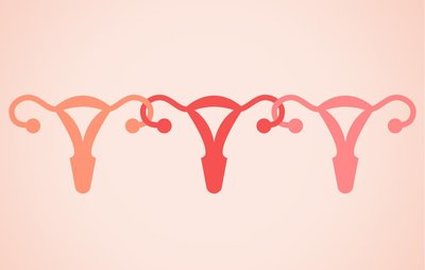Ovarian Cysts

Ovarian cysts are pockets of fluid that form on the surface of a woman's ovary. Ovarian cysts are very common and many women will have an ovarian cyst at some point during their lives. Ovarian cysts do not always cause symptoms. But when they do, the symptoms can include loss of appetite, nausea, weight gain, frequent urination, breast tenderness or a feeling of heaviness in the abdomen. They may also cause menstrual cycle irregularities and pain. Pelvic pain can happen shortly before or after a period, during intercourse or during bowel movements.
Ovarian cysts are typically classified into various types based on their sources and causes. Some examples include:
- Functional cysts form during ovulation when an egg is not properly released from the follicle
- Hemorrhagic cysts are cysts that are filled with blood
- Dermoid cysts form from cells that produce human eggs and may contain human tissue, teeth or hair
- Endometriomas develop when endometriosis grows in the ovary
- Cystadenomas develop from ovarian tissue
Frequently, functional cysts resolve spontaneously. Treatment options include observation, medical therapies, such as birth control pills, and surgery. Recommendations for treatment are individualized based on the particular needs of the patient as well as the type of cyst being treated. If you have a cyst or are concerned that you may have a cyst, schedule an appointment to be evaluated.
